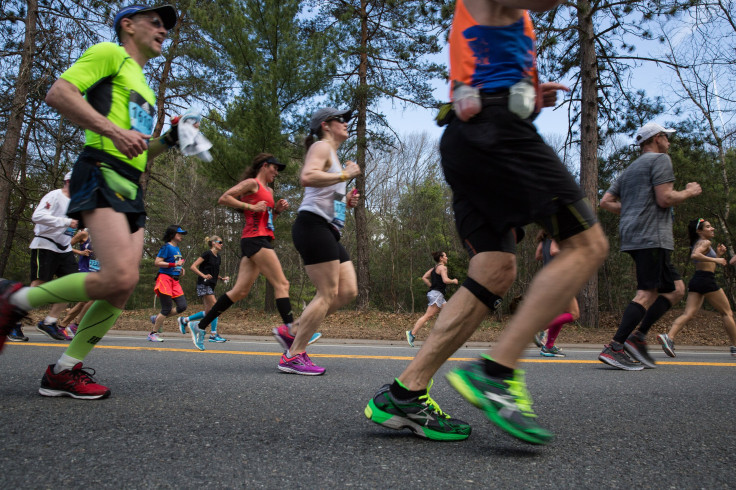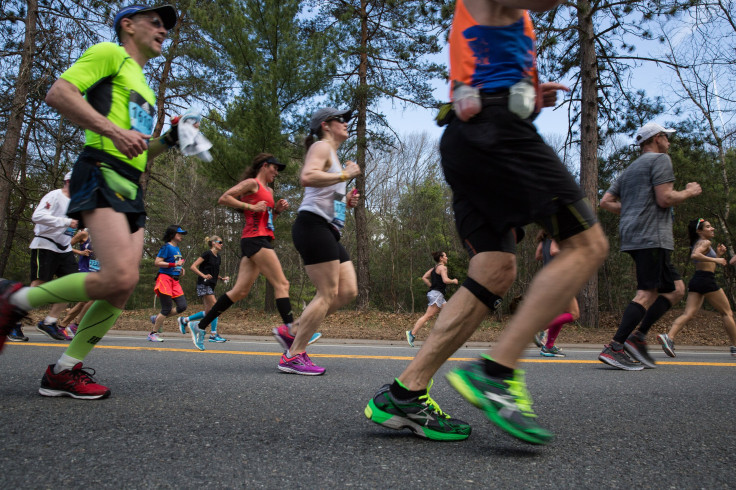How To Live Longer: Running Could Stave Off Aging By 9 Years

While explorers haven't located the fountain of youth, researchers might have found the next best thing. High levels of exercise were linked to nine years of less aging at a cellular level, according to researchers at Brigham Young University in Utah.
By looking at data from almost 6,000 adults aged 20 to 84, researchers were able to determine that those who were highly active for at least 30 minutes five days per week were able to slow down the aging of their cells, according to a study published in the journal Preventative Medicine.
“Just because you’re 40 doesn’t mean you’re 40 years old biologically,” said Larry Tucker, exercise professor at BYU and the lead author of the study. “We all know people that seem younger than their actual age. The more physically active we are, the less biological aging takes place in our bodies.”
Read: High Intensity Exercise Reverses Aging Process In Older People
The reason for that lies in the small caps on the end of human chromosomes known as telomeres. During the aging process, telomeres shorten and deteriorate. But high levels of exercise might preserve those telomeres, making them significantly longer and reducing cellular aging.

Those adults who frequently exercised had a biological aging advantage of nine years over people who were sedentary and a seven-year advantage over people who were only moderately active. Sedentary people were shown to have the shortest telomeres.
“We know that regular physical activity helps to reduce mortality and prolong life,” said Tucker. “And now we know part of that advantage may be due to the preservation of telomeres.”
Not just any exercise will produce such results. High levels of exercise were defined as 30 minutes of running per day for women and 40 minutes of running per day for men, five days a week.
“If you want to see a real difference in slowing your biological aging, it appears that a little exercise won’t cut it,” said Tucker. “You have to work out regularly at high levels.”
Read: Mice Who Ate Fewer Calories Lived Longer, Healthier Lives, Study Finds
A similar study published in April found that running could actually add time to a person’s life. A three-year study by the Cooper Institute in Dallas showed that running might lengthen lifespan in direct connection with the amount of exercise.
“People may not need to run a lot to get the health benefits,” Duck-chul Lee, an assistant professor of kinesiology at Iowa State University and lead author of the study, told CBS News. “I hope this study can motivate more people to start running and to continue running as an attainable health goal.”
High-intensity exercise was also shown to reverse the aging process at a cellular level in older adults, according to a study published in March. Workouts combining intense bouts of exercise with lower intensity periods were found to boost the productivity of mitochondria, the bodies inside cells that break down nutrients for energy.
“Discussions about the benefits of activity should start when we’re young,” Aladdin Shadyab of the University of California, San Diego School of Medicine told BBC News in January. “Physical activity should continue to be part of our daily lives as we get older, even at 80 years old.”
© Copyright IBTimes 2024. All rights reserved.





















